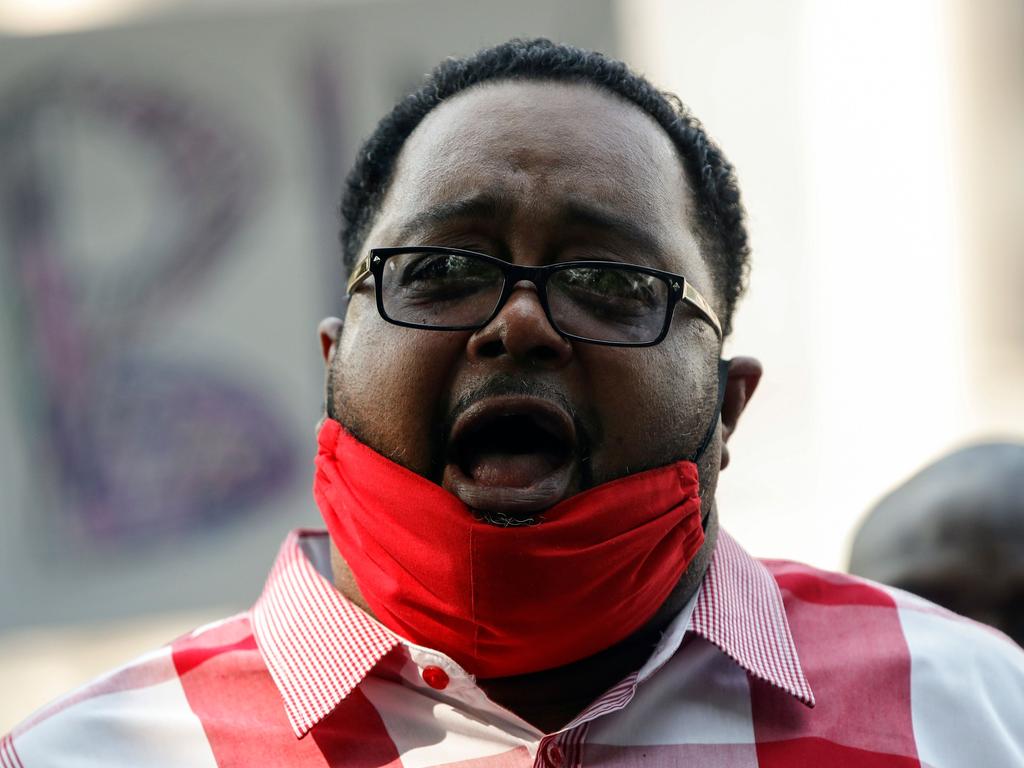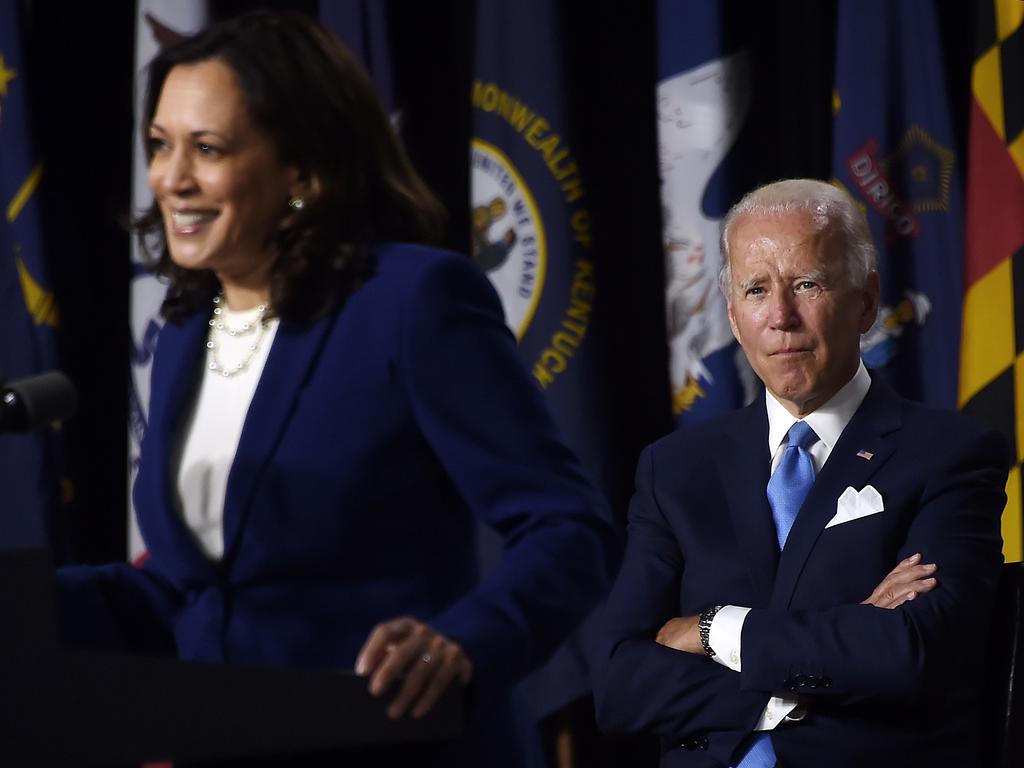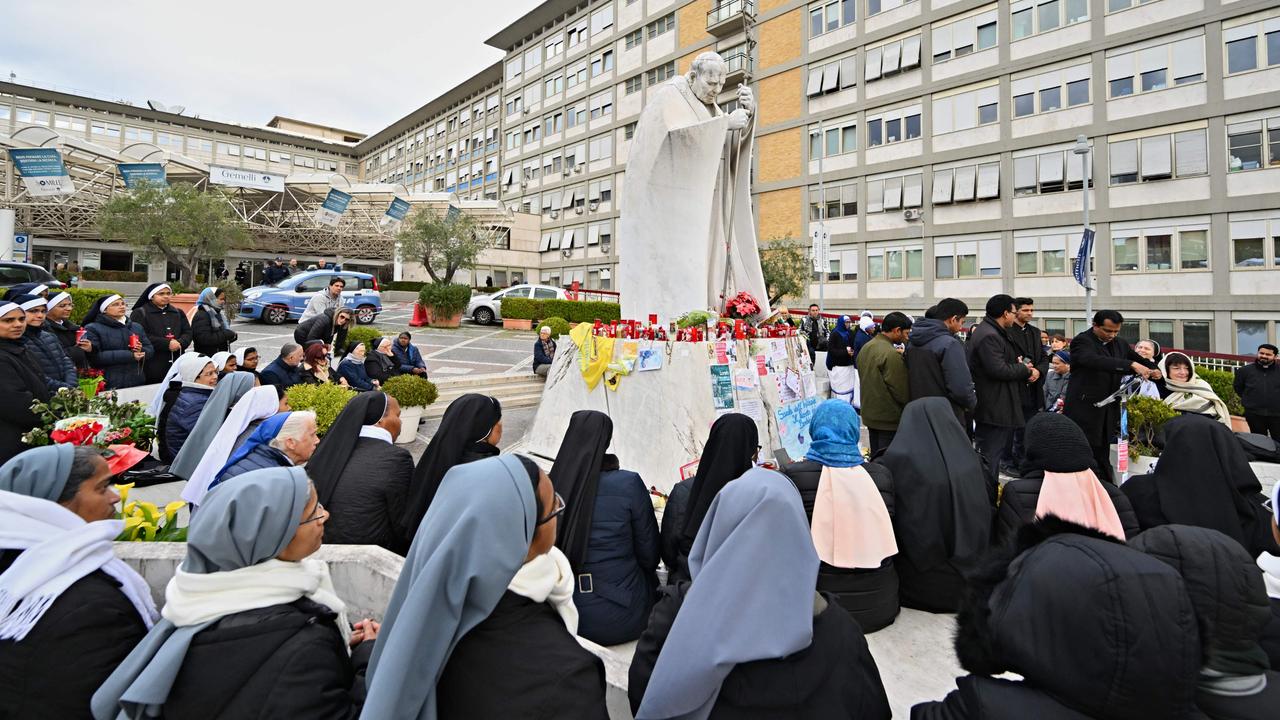Black Lives Matter: Race radicals want to abolish standard English
Academics want teachers to abolish the ‘anti-Black linguistic racism’ and ‘white linguistic supremacy’ of standard English.
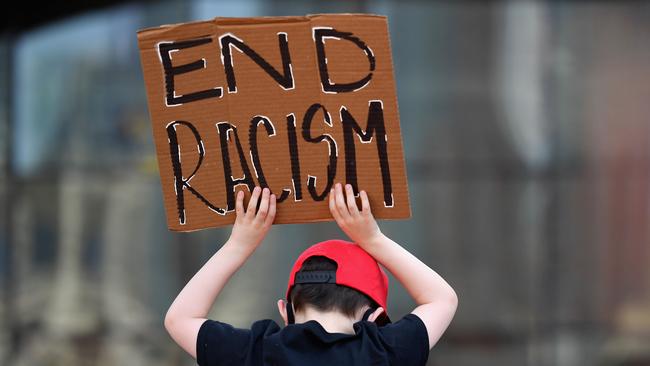
In America, a sub-group of the National Council of Teachers of English (NCTE) is demanding that teachers “abolish standard English”, which it calls “anti-Black linguistic racism and white linguistic supremacy”.
Its manifesto demands that teachers “decolonise the mind (and/or) language” and calls on them to “not dismiss Black Language simply as a dialect of English ... it’s not spoken only by Black people who are positioned in a ‘low’ or ‘working class.’ Recognise it as a language in its own right!”. It ends by stating: “This Ain’t Another Statement! This is a DEMAND for Black Linguistic Justice!”
Where to start? Far from being “racist”, standard English is a great leveller. Instead of a babel of dialects which erect linguistic barriers and can set us apart from each other, it helps us speak a common language. Attempts to undermine it would only damage our shared culture.
Worse still, the NCTE radicals propose barring white people from using black language, which they say would be “engaging in Black linguistic appropriation”. So this “linguistic justice” would seem instead to be widening the racial divide.
Central to all this is the demand that teachers stop asking black students to “code-switch”. This is a technical term in linguistics, meaning alternating between two or more languages during a conversation. It has now become part of our racial identity politics.
Some black people are complaining that they feel under pressure to “code-switch” to conform to white society in language, tone, dress, body language and behaviour.
Young black professionals like Lucrece Grehoua are used to changing their voice, accent and mannerisms when they enter white-majority spaces - but should they really have to?https://t.co/pg8sTS60by
— BBC Current Affairs (@BBC_CurrAff) August 26, 2020
Last week BBC Radio 4 broadcast a program about “code-switching” presented by Lucrece Grehoua, who was born in Britain but whose parents came from Ivory Coast. She claimed that black people were required to “code-switch” in order to be accepted into middle-class white culture with which, she said, she and other black Britons had little in common.
Accordingly, she had been forced to undertake an “unending journey into poshness, pronouncing all my words in a different way” and adopting a “high-pitched voice” to sound more “accommodating”. She and others could no longer be “black and direct”.
They had to shed their “multicultural London English” which featured neologisms such as “innit” instead of “isn’t it”. This effort was, apparently, exhausting.
But lots of people switch idiom or their style of clothing or behaviour to conform to different circumstances without feeling resentment about concealing their true identity.
Many ambitious working-class parents of all ethnicities have sought to ensure that their children speak grammatically correct English with received pronunciation in order to be taken seriously and become upwardly mobile. I should know – I was one such child. Some suppress their northern vowels and dialect for standard English. Others, however, “code-switch” the other way and adopt “estuary English”, with glottal stops and dropped word endings, to gain street cred. None of this has anything to do with racism.
If anything, it’s white people who are having to “code-switch” under pressure. They’re having to change much more than accents or grammar. They’re being forced to stifle reasonable views which transgress wokeish orthodoxies.
Take, as an example, what happened recently to Casey Peterson, an engineer at Sandia National Laboratories in California. Along with hundreds of his colleagues, he was sent by the company for training on “white privilege” and “systemic racism”.
A similar Sandia training session last year was quoted by a journalist as requiring white male employees to recite in public a series of “white privilege statements” and to accept their complicity in the “white male system” and “creating oppressions”.
Within hours of Peterson protesting with a video featuring quotes from this year’s training, Sandia executives had locked him out of the company’s electronic network and scrubbed his communications from its internal servers.
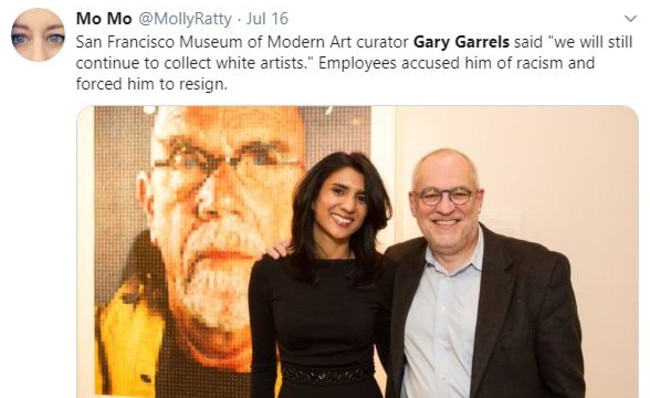
Or take Gary Garrels, formerly the senior curator of painting and sculpture at the San Francisco Museum of Modern Art. He shocked a meeting in July by saying “we will definitely still continue to collect white artists” because not to do so amounted to “reverse discrimination”. As a result, he was forced to resign.
In Britain, companies and institutions are following suit. The British Library’s chief librarian, Liz Jolly, has claimed racism is “a creation of white people”.
Other staff, who want to “decolonise” the museum, have claimed that racial “colour blindness” and believing mankind is “one human family” are examples of “covert white supremacy”.
All decent people should abhor prejudice, whoever the target may be. Black people have suffered greatly from racism over centuries and many still do. That’s why thousands of well-meaning people have supported Black Lives Matter. But many within the organisation have turned it away from being a vehicle for fairness and equality into one that seeks to demonise white people and increase, not reduce, social divisions.
It’s a move that also devalues the evil of true racism. If reasonable people are deemed racist merely because they are white, actual racists can hide in plain sight.
All this is surely the real injustice, which is going way beyond linguistics into the tragic eclipse of a decent and fair society.
The Times


